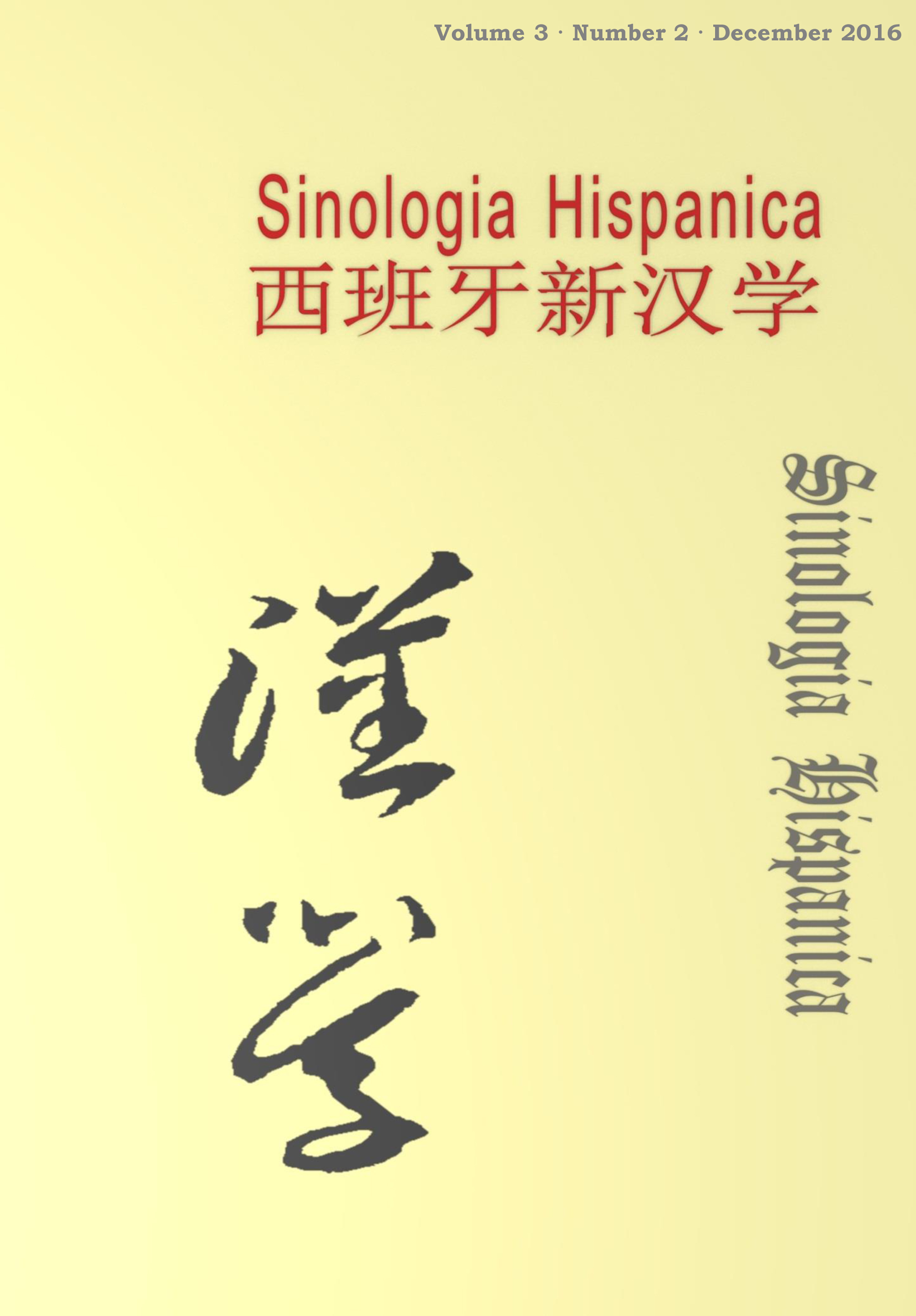A Pragma-Dialectical Study of Personal Attack in China-Related Letters to the Editorof The New York Times
DOI:
https://doi.org/10.18002/sin.v3i2.5262Palabras clave:
Letters to the Editor, The New York Times, Pragma-Dialectics, personal attack.Resumen
This article under the research framework
of pragma-dialectics, analyses the use of personal
attacks in the China-related Letters to the
Editor of The New York Times, and evaluates its
reasonableness. The research results show that
the personal attacks in the China-related Letters
to the Editor of The New York Times can be
mainly classified into three subtypes: the abusive
variant (insult others), the circumstantial variant
(suspect motives) and the tu quoque (you also).
Both reasonable and unreasonable use of personal
attack are identified. The unreasonable use of
personal attack is mainly caused by: (1) the use
of personal attack prevents the opponents from
casting doubts or proposing his or her
standpoint; (2) the use of personal attack has
deficiency or even is invalid in logic, failing in
the examination of critical questions. On
account of this, the related discourse subjects
in similar kind of discourse practice, should: (1)
design their arguments reasonably according to
the code of conduct of critical discussion (Ten
Commandments); (2) consider the audience as
an extremely rigor one, making sure that the
argument can pass any critical examination,
and so the rational and responsible figure of the
proponents can be guaranteed.
Descargas
Métricas alternativas
Descargas
Publicado
Cómo citar
Número
Sección
Licencia
Derechos de autor 2017 Lu Pinchao

Esta obra está bajo una licencia internacional Creative Commons Atribución-NoComercial-CompartirIgual 4.0.
Sinologia Hispanica. China Studies Review considers all manuscripts on the strict condition that
- The authors grant on a nonexclusive basis the exploitation rights (reproduction, distribution, public communication and transformation) of the work accepted for publication to the University of León. The authors can establish, on their own, additional agreements for the non-exclusive distribution of the version of the work published in the journal (for example, placing it in an institutional repository or publishing it in a book), always acknowledging the initial publication in this journal.
- The manuscript is your own original work, and does not duplicate any other previously published work, including your own previously published work.
- The manuscript is not currently under consideration or peer review or accepted for publication or in press or published elsewhere.
- The manuscript contains nothing that is abusive, defamatory, libellous, obscene, fraudulent, or illegal.
- Please note that Sinologia Hispanica uses Turnitin software to screen manuscripts for unoriginal material. By submitting your manuscript to Sinologia Hispanica you are agreeing to any necessary originality checks your manuscript may have to undergo during the peer-review and production processes. Any author who fails to adhere to the above conditions will be rejected.
- Authors are allowed and encouraged to electronically disseminate the pre-print versions (version before being evaluated) and / or post-print (version evaluated and accepted for publication) of their works before publication, since it favors their circulation and earlier dissemination and with it a possible increase in its citation and scope among the academic community.
Sinologia Hispanica is under Creative Commons Attribution-NonCommercial-ShareAlike 4.0 International License. You can read more about this license in versión informativa and texto legal.










